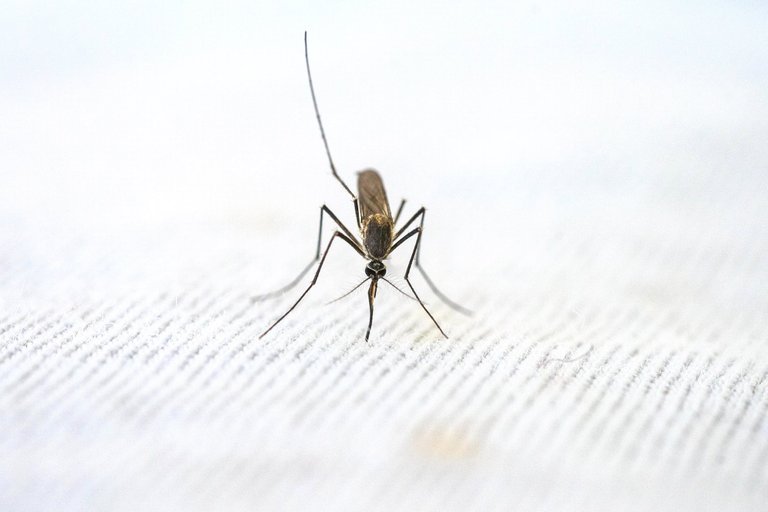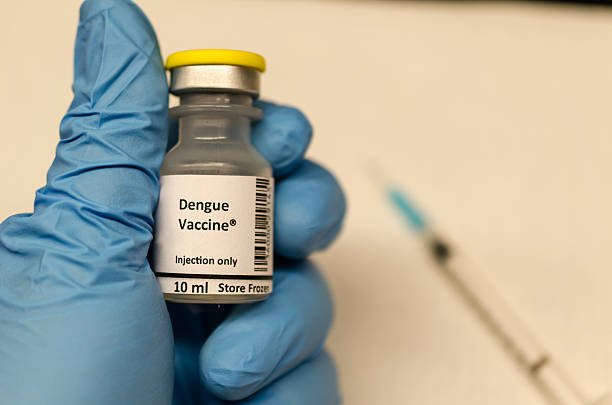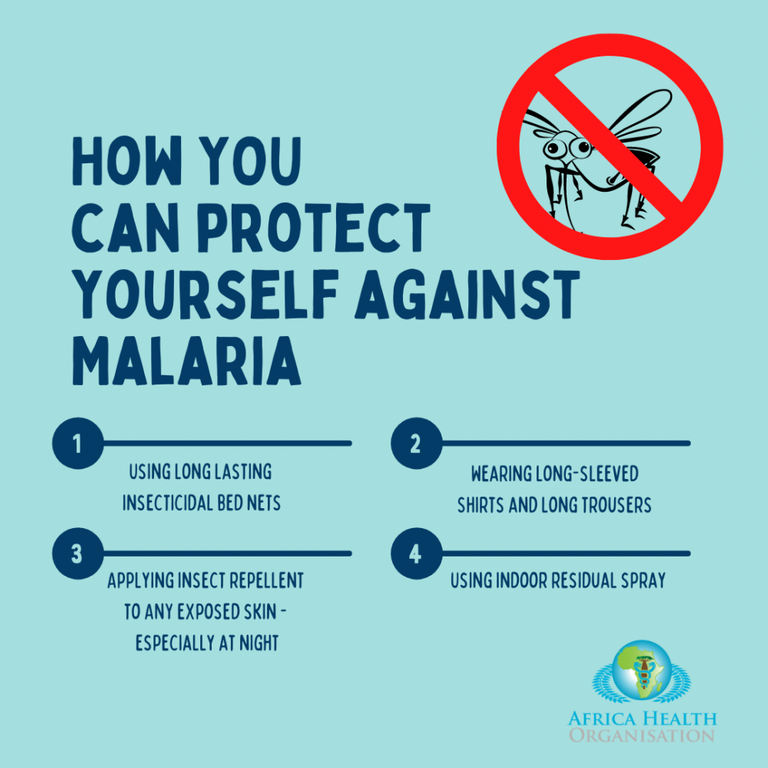
Malaria is a life-threatening disease caused by parasites that are transmitted to people through the bite of an infected mosquito. Today, there are still millions of people around the world who fall victim to this disease every year. Fortunately, you can take some simple measures to reduce your risk of contracting malaria and help your body fight it should you ever contract it. You certainly don’t have to let malaria get the best of you; with the right knowledge and precautions, you can protect yourself from contracting it in the first place. To help you learn more about this disease and how to protect yourself from contracting it, we have compiled this helpful article. Here, you will find everything you need to know about malaria and how to protect yourself from contracting it.
What is Malaria?
Malaria is an infectious disease caused by parasites that are transmitted to people through the bite of an infected mosquito. People of all ages can be affected by malaria, but infants, children, and pregnant women are at the highest risk. There are currently 5 species of parasites that can cause malaria:
- Plasmodium falciparum (or P. falciparum)
- Plasmodium malariae (or P. malariae)
- Plasmodium vivax (or P. vivax)
- Plasmodium ovale (or P. ovale)
- Plasmodium knowlesi (or P. knowlesi)
There are 5 parasite species that cause malaria in humans, and 2 of these species – P. falciparum and P. vivax – pose the greatest threat. P. falciparum is the deadliest malaria parasite and the most prevalent on the African continent.There are many different types of malaria, but all of them are transmitted by mosquitos. The malarial parasites enter your body when you are bitten by an infected mosquito. Not all mosquito bites transmit malarial parasites, however. Malaria can be prevented by preventing mosquito bites. You can also get treated for malaria if you have been bitten and are showing symptoms.
Reference
How bad is Malaria?

Malaria is a life-threatening disease that kills approximately 450,000 people every year. Most of these deaths occur in sub-Saharan Africa, with infants and children under 5 years of age being the most at-risk population. Additionally, malaria is responsible for many cases of disability, with nearly half a million people suffering from severe brain damage every year. This is due to the fact that many people who contract malaria also develop cerebral malaria, which can lead to seizures and coma. Compared to other tropical diseases, malaria has a relatively high morbidity and mortality rate. That said, the fatality rate varies considerably based on the strain of malaria someone has contracted, their age, and their general level of health when they contracted the disease. The fatality rate for infants who have contracted malaria is between 5% and 10%, while the fatality rate for adults who contracted malaria is between 1% and 10%.
Reference
How to protect yourself from contracting malaria:

Image Source
Since only female mosquitoes are able to transmit malaria to humans, one of the best ways to protect yourself from contracting malaria is to avoid the bite of the female mosquito. There are many different steps you can take to reduce the risk of being bitten by a mosquito, including:
- Avoid places with lots of standing water- Mosquitoes like to breed in standing water, so always avoid places where there is standing water. This includes ponds, puddles, and uncollected rainwater.
- Cover yourself while you are outside- Wear long-sleeved shirts and long pants while you are outside. Also, wear a hat to protect yourself from the sun and keep your head away from the ground.
- Use insect repellent that contains DEET- Always use insect repellent that contains DEET on your skin and clothes when you are outside. You should also spray your shoes with repellent before going outside.
- Get rid of standing water where you live- If you live in a place where there is a lot of standing water, get rid of it. Drain pond water, collect rainwater, and clean out buckets and containers that hold water.
- Get rid of mosquito larvae- You can get rid of mosquito larvae by cleaning out containers that hold water. You can also use larvicides to kill any remaining larvae.
- Sleep in a room with a door and a window that locks.- Get rid of mosquitoes in and around your house- Get rid of any mosquitoes that are in and around your house.You can do this by spraying your house with an insecticide, cleaning out any standing water, and closing all open windows and doors.
- Bring an umbrella with you when you walk outside. - Stay away from large crowds- Avoid large crowds, as they tend to attract mosquitoes. - Get vaccinated- If you are traveling to a place where the risk of contracting malaria is high, you should get vaccinated. Doing so can greatly reduce your risk of contracting malaria.
Reference
Bottom Line
Malaria is a life-threatening disease that kills approximately 450,000 people every year. Fortunately, there are many ways to protect yourself from contracting malaria, including: avoiding places with lots of standing water, covering yourself while you are outside, using insect repellent that contains DEET, getting rid of standing water where you live, getting rid of mosquito larvae, and getting rid of mosquitoes in and around your house. If you are traveling to a place where the risk of contracting malaria is high, you should get vaccinated. Remember, you can protect yourself from malaria by taking some simple precautions.
Reference:
https://www.who.int/news-room/fact-sheets/detail/malaria
https://www.cdc.gov/malaria/about/faqs.html
https://www.publichealth.hscni.net/news/protect-yourself-against-malaria
https://my.clevelandclinic.org/health/diseases/15014-malaria
This is really educating..thanks for sharing..
The main thing is to avoid this disease, because it can be quite problematic for all that it implies. But prevention is not difficult, however, it is not done efficiently, and it turns out that you tend to have a lot of problems once it occurs.
Undoubtedly, prevention is the best thing to do.
Thanks for your contribution to the STEMsocial community. Feel free to join us on discord to get to know the rest of us!
Please consider delegating to the @stemsocial account (85% of the curation rewards are returned).
Thanks for including @stemsocial as a beneficiary, which gives you stronger support.